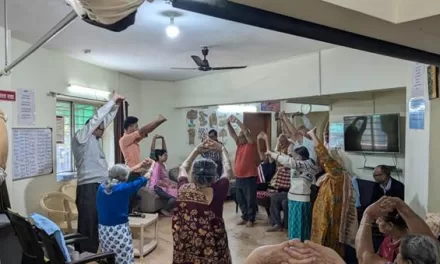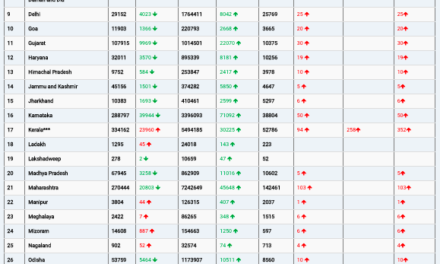Statement from the Independent Allocation of Vaccines Group of COVAX
The IAVG is concerned about the 25% reduction in supply forecast for the fourth quarter of 2021. It is also concerned about the prioritization of bilateral deals over international collaboration and solidarity, export restrictions and decisions by some countries to administer booster doses to their adult populations.
During its last meeting on 17 September, the IAVG revisited issues previously raised pertaining to vaccine supply, vaccine allocation, and vaccine administration and offers the following perspectives:
Vaccine supply
The IAVG continues to be concerned by the low supply of vaccines to COVAX, and reiterates the need for manufacturers, vaccine producing and high-coverage countries to prioritize vaccine equity and transparency, the sharing of information about manufacturing capacity and supply schedules to COVAX, as well as vaccine access plans. While recognizing the need for additional doses to protect certain vulnerable, immune-compromised populations, the IAVG suggests countries collect and review more evidence before implementing policies regarding the administration of booster doses to their populations.
Vaccine allocation
The recent exceptional allocation round at which the recommendation was made that the October COVAX supply be fully dedicated to those countries with a low population coverage, after accounting for all sources of vaccines, is a step forward in achieving equitable access. The IAVG supports the decision of prioritizing COVAX supply for those countries most likely relying solely on COVAX for access to COVID-19 vaccines and supports the continuation of this approach in future rounds.
The IAVG notes that so far only three manufacturers have waived indemnification and liability for use in humanitarian settings, and none have been waived for use at country level. This has consequences for vaccines allocated to the humanitarian buffer, as well as potentially setting precedents for future use.
Vaccine administration
The IAVG has considered the information and data on absorptive capacity in countries with low total population coverage and brings the following issues to the attention of the COVAX Partners for further consideration:
- Continued advocacy for equity is needed in international and regional fora to address the lack of political will in several settings that is blocking the implementation of equitable access and the development of well-resourced vaccination programmes at country level.
- Countries must be able to access funding for vaccine implementation. Continued awareness of the need for such funding as well as the provision of technical support to countries to develop requests for assistance must be prioritized, especially by the World Bank and other multilateral development banks. Funding should also be considered for third party actors (NGOs and civil society) willing to support countries in vaccine implementation.
- Donations to COVAX are an important source of vaccine supply; however, these should complement rather than replace vaccine procurement by COVAX given the high transaction burden and costs in managing these donations. Additionally, IAVG strongly encourages high-coverage countries to swap their delivery schedules with those of COVAX so that COVAX contracts can be prioritized by manufacturers.
- The IAVG reiterates the need for countries which are sharing doses with COVAX to reduce/remove all earmarking and ensure the donated vaccines have an adequate remaining shelf life to allow for their use.
- Several programmes have been put in place to increase confidence in COVID-19 vaccines and address vaccination hesitancy. These must be tailored to local contexts and the engagement of local communities and civil society is critical to ensuring their effectiveness.
- Some regions and/or countries are experiencing civil unrest, conflicts and natural disasters that are impeding or slowing the implementation of vaccination programmes. Global solidarity and cooperation are needed to ensure they are supported in such critical situations.
COVAX remains the main global access mechanism able to serve all countries and ensure equitable access. The IAVG stands strongly behind this initiative.











